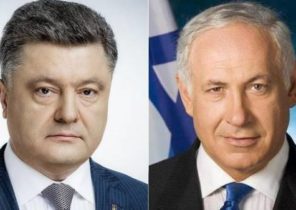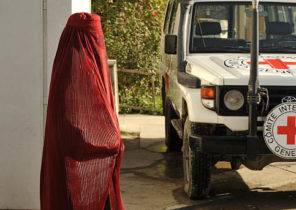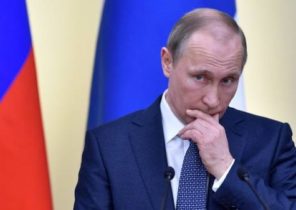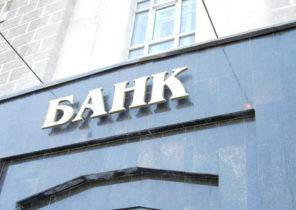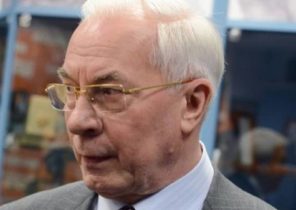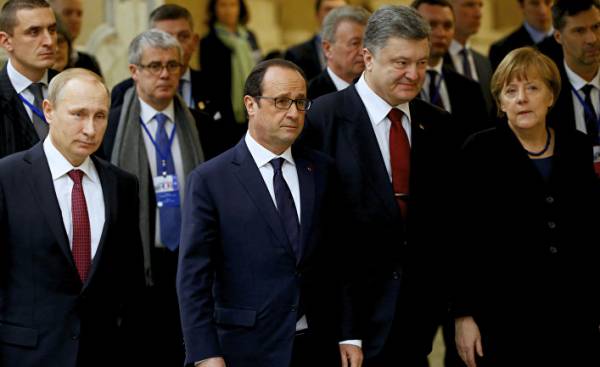
Fellow of the Institute of foreign policy of Finland Arkady Moshes believes that a clear “deal” in Ukraine between the West and Russia can not be.
The armed phase of the conflict in the Donbas began three years ago in may of 2014. Since then there have been discussions, coming in the end the West to an agreement with the Kremlin, “turn the page” and “conclude whether a transaction” in respect of Ukraine in exchange for cooperation with Russia in other areas.
According to Moshes, quick return to fellowship after the war between Russia and Georgia in 2008 and the sluggish reaction of the West to the annexation of Crimea give reason to doubt that the possibility of such arrangements exist.
He believes that at the moment, the West formally committed to promote the resolution of the conflict and supporting the territorial integrity of Ukraine.
“Diplomatic rhetoric gradually becomes less ambiguous, calling Moscow the reason for the continuation of the conflict. In March 2015, the Council of Europe has put forward a condition for ending the sanctions implementation by Russia of the Minsk II agreement. The agreement involves regaining control over the state border by the government of Ukraine in the conflict zone,” — writes the Moshes.
Ukraine “cannot pay”
The Moshes believes that certain factors can explain why “understanding” is not achieved.
“First, a large part of Western political circles have come to the conclusion that it’s not just about the conflict of Ukraine with Russia, but also about the broader conflict. Ukraine was the only part of it.”
“The greater problem was the constant talk of a new cold war, new dispositions of troops on both sides and the concerns of the West that Russia is interfering in the internal Affairs of Western countries, as well as the methods of “hybrid wars”. This problem cannot be solved only in Ukraine”, — said the Moshes.
“Secondly, it is now a clearer understanding that the division of the world, similar to what happened at the Yalta conference in 1945, it is absolutely impossible and that Ukraine “can not be given”, no matter what,” he continues.
According to Moshes, if in the existing situation the West has forced Ukraine to endorse a hypothetical agreement between the West and Russia, which would not suit Kiev (for example, the Federal structure of the country), it most likely would have led to a serious political or even military instability at the borders of the EU, for example, to “uphold the existing spheres of influence”.
Thirdly, the Moshes noted that the chosen form of cooperation between Russia and the West have not worked.
“Exchange of Ukraine on Syria failed because Russia and the West in Syria is a different position.”
The Moshes says that all this, however, does not mean that the West has abandoned attempts to keep a pragmatic cooperation with Russia.
“The discharge of tension at any cost remains the most important task of the EU,” said Moshes.
In his opinion, the West refrains from further increasing the responsibility of Russia for the conflict in Ukraine, because he doesn’t want the aggravation of the situation for obvious reasons. The West probably can’t do much to seize the initiative from Moscow.
From the point of view of the West, a frozen conflict or even for a long period of cease-fire would greatly improve the situation.
“It remains to be seen whether the current situation an opportunity for negotiation if they want the West to go further than the semi-official statements about the failure of the Minsk II agreement and the gradual lifting of sanctions, whether Moscow is satisfied with a frozen conflict without interference in the Affairs of Ukraine. Maybe it’s still unrealistic, but still, (this aspect) is the minimum requirement for the actual improve relations between the West and Russia”, — says Arkady Moshes.

